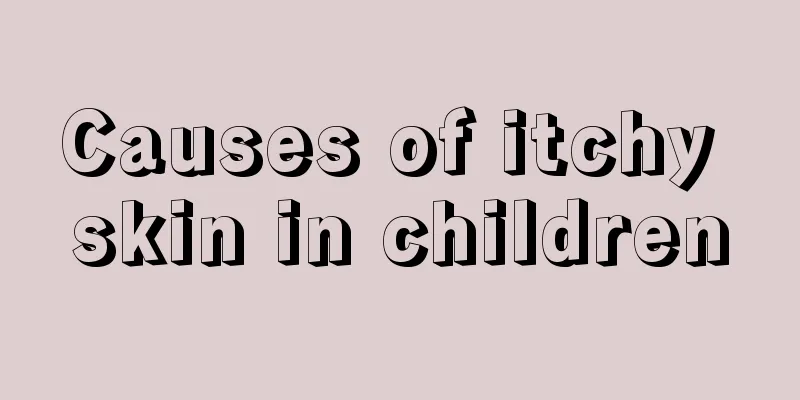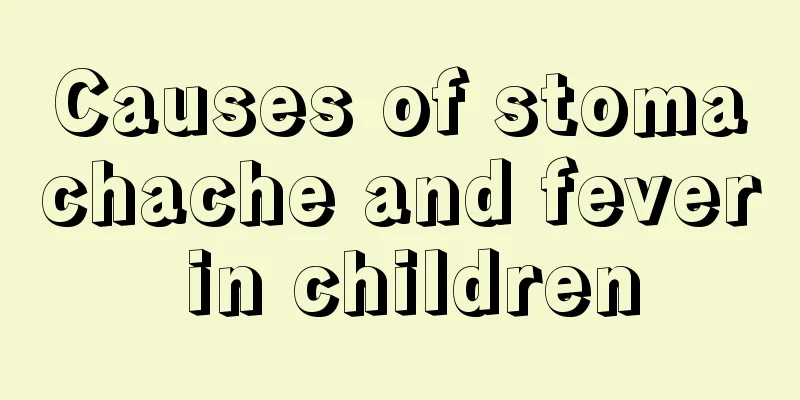Why does my baby always stick out his tongue?

|
For babies, their physical development is most likely to experience some frequent physiological changes in the early stages, such as drooling and sticking out the tongue. However, for some parents who do not understand their children's physiological changes well, they will be very worried when their children often stick out their tongue! So, is it normal for babies to stick out their tongue? Why do babies always stick out their tongues? Let us help you solve your confusion. Why does my baby always stick out his tongue? If your baby sticks out his tongue after 1 year old, it may be zinc deficiency If your baby still sticks out his tongue frequently after he is one year old, it may be a sign of zinc deficiency. Children frequently stick out their tongues because of their parents If the baby still sticks out his tongue frequently when he is 2-3 years old, it is very likely that he learned it from his parents. Parents should first review whether they often stick out their tongue in front of their baby. If your baby still can't control his tongue and keeps sticking it out after he is three years old, parents should pay attention, as this may be a precursor to tics in their child. Tics are generally divided into two types based on clinical manifestations: motor tics and vocal tics. 1. Vocal tics: In fact, it is a twitch involving the respiratory muscles, pharyngeal muscles, laryngeal muscles, oral muscles, and nasal muscles. When the muscles in these parts contract and twitch, sounds are made, such as simple "oh, oh, ah", etc., or they can be manifested as clearing the throat, coughing, sniffing the nose, spitting, barking, etc.; complex vocal tics are composed of meaningful words, phrases or sentences, and are manifested as involuntary repetition of meaningless words and phrases that are inconsistent with the environment or swearing for no reason. 2. Motor tics: refers to the involuntary, sudden and rapid contraction of the muscles of the face, neck, shoulders, trunk and limbs, which manifests itself in actions such as blinking, frowning, pursing the lips, shrinking the nose, sticking out the tongue, opening the mouth, shaking the head, nodding, stretching the neck, shrugging the shoulders and sticking out the chest. Generally speaking, newborn babies may stick out their tongues after one or two months. This is a normal developmental stage, so parents don’t need to worry too much! However, if the child continues to stick out his tongue after the age of two or three, it is recommended that he be taken to the hospital to check the cause, as it may be a symptom of certain diseases. |
<<: Precautions for preventing aortic valve calcification
>>: How to treat baby tinea versicolor
Recommend
3 month old baby head circumference
Many mothers must be very familiar with the term ...
What to do if your weaned baby refuses to drink milk powder
Babies always have to go through a process called...
Causes of baby's forehead protrusion
It is not easy for many parents to notice that th...
Diet therapy for tracheitis in children
Tracheitis in children mostly occurs secondary to...
Why does my baby's hair grow so slowly?
If you observe carefully when a baby is born, you...
Why does my baby move around when sleeping?
Babies should be relatively comfortable when they...
Can children recover from tanning caused by swimming?
Children's skin is relatively tender and gene...
Causes and treatments of vulvar itching in little girls
I believe that some little girls in life may have...
What are the symptoms of autism in children
If autistic children are not discovered and treat...
What are the dangers of rabies vaccine to children?
With the improvement of people's living stand...
What is the reason for enuresis in children?
The so-called enuresis is what we often call bed-...
What are the nursing methods for retinopathy of prematurity?
Babies born before 36 weeks of pregnancy are gene...
What is the reason for the red pimples on the baby's body
We all know that taking care of a baby is a very ...
What should I do if my one-month-old baby’s nose is blocked?
We all know that when a stuffy nose occurs, it is...
How to make children gain weight?
Now people's material conditions are getting ...









